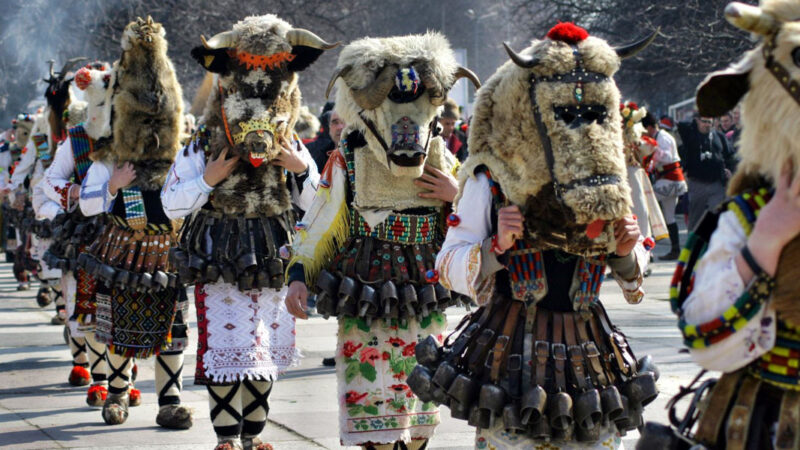
Bulgaria is a country that is steeped in history and culture, and its national holidays are a testament to this. These holidays are more than just days off work; they reflect the unique identity and spirit of the country. From the colorful and vibrant celebrations of Baba Marta Day to the solemn and reflective commemoration of Bulgarian Independence Day. Each holiday has its own distinct traditions and customs. The cultural significance of these holidays is evident in the way they are celebrated across the country. Locals and tourists alike coming together to partake in the festivities. This article will explore how Bulgarian national holidays reflect the country’s rich history and diverse cultural heritage. How they continue to play an important role in shaping the national identity and spirit of Bulgaria. So buckle up and get ready to delve into the fascinating world of Bulgarian national holidays!
What are Bulgarian National Holidays?
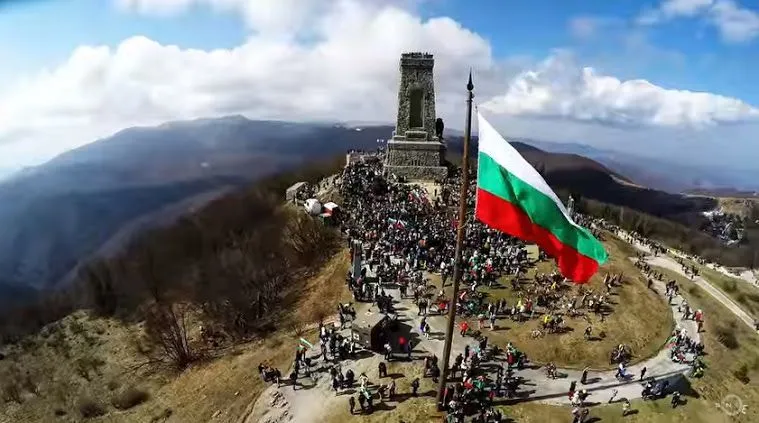
Bulgarian national holidays are an integral part of the country’s cultural heritage and history. They are days that are set aside to commemorate significant events or people that have played a pivotal role in shaping the country. Some of the most important national holidays in Bulgaria include Baba Marta Day, Bulgarian Independence Day, and National Liberation Day. Each holiday has its own unique customs and traditions, and they are celebrated across the country by people of all ages.
Historical and Cultural Significance of the Bulgarian Holidays
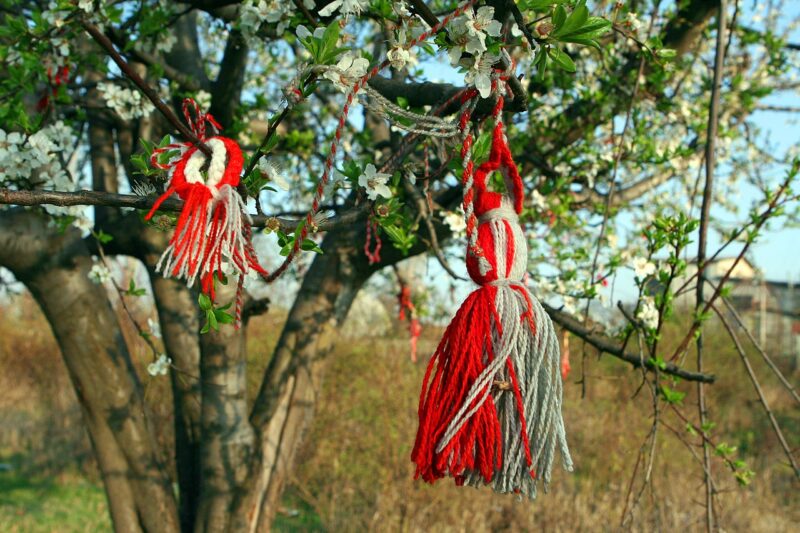
Bulgarian national holidays are steeped in history and culture and reflect the country’s rich cultural heritage. For example, Baba Marta Day is celebrated every year on 1 March, marking the arrival of spring. This holiday is celebrated by wearing red and white bracelets. They are said to bring good luck and health. The tradition of Baba Marta Day dates back to pagan times, and it is a celebration of the changing seasons and the renewal of life.
Bulgarian Independence Day is celebrated on September 22nd and main celebrations are in Veliko Tarnovo. This day commemorates Bulgaria’s independence from the Ottoman Empire in 1908. It’s a day that is marked by solemn ceremonies and parades. National Liberation Day, which is celebrated on March 3rd, is another important national holiday in Bulgaria. This day marks the end of the 500-year Ottoman rule of Bulgaria and the country’s liberation.
The Role of National Holidays in Shaping Bulgarian Identity
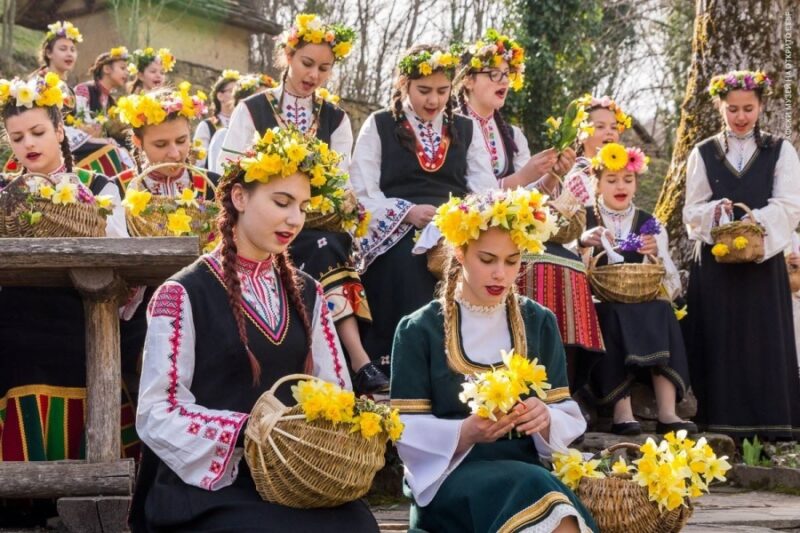
National holidays play an important role in shaping Bulgarian identity and spirit. They are a way for Bulgarians to connect with their cultural heritage and history. Way to celebrate their unique traditions and customs. The celebrations that take place during national holidays bring people together. They provide an opportunity for Bulgarians to express their national pride and identity.
Bulgarians of all ages celebrate Baba Marta Day. It is a way for people to connect with their ancestors and their cultural heritage. They wear red and white bracelets and this tradition is passed down through generations. A way for Bulgarians to express their national identity and pride.
Bulgarian National Holidays and Their Impact on Tourism
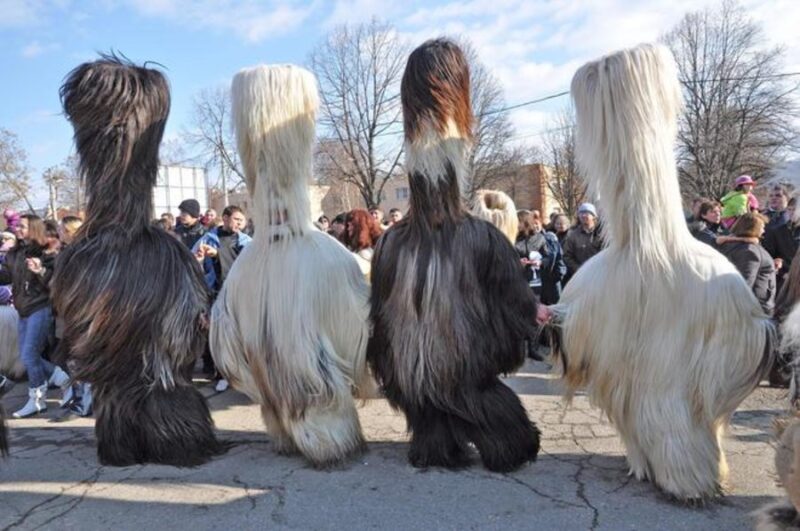
Bulgarian national holidays are not only important to Bulgarians. They also play an important role in the country’s tourism industry. Tourists coming to Bulgaria experience the unique traditions and customs associated with the national holidays. The celebrations that take place during national holidays provide tourists with an opportunity to immerse themselves in Bulgarian culture and history.
Baba Marta Day is verry popular holiday. Many hotels and restaurants offer special packages and menus for the tourists to celebrate the occasion. National Liberation Day is also a popular holiday among tourists. Many cultural sites and museums offer free admission on this day.
Unique Bulgarian Traditions
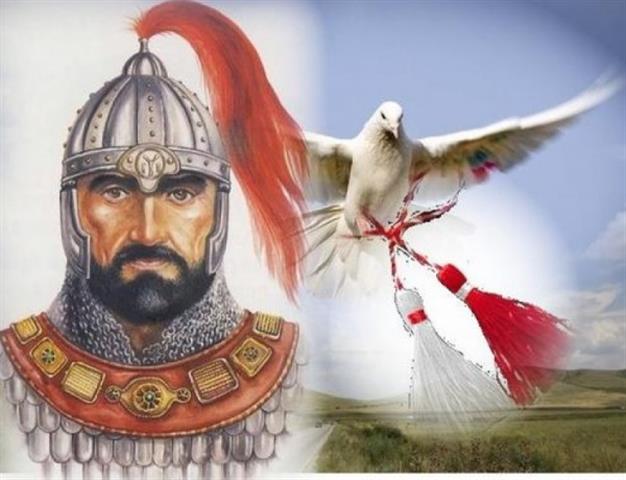
Bulgarian national holidays are known for their unique traditions and customs. For example, on Baba Marta Day, Bulgarians exchange red and white bracelets as a symbol of good luck and health. On Bulgarian Independence Day, solemn ceremonies and parades take place throughout the country. Another unique Bulgarian tradition is the Kukeri Festival. It takes place in various parts of the country in late winter or early spring. During this festival, men dressed in elaborate costumes and masks. They perform traditional dances and rituals to scare away evil spirits and bring good luck and prosperity.
How Bulgarians Celebrate Their Holidays

Bulgarians celebrate their holidays with a great deal of enthusiasm and pride. Festivities typically include parades, concerts, and traditional dances. Bulgarians mark Bulgarian Independence Day by solemn ceremonies. The raising of the Bulgarian flag while celebrating the Day of National Liberation with the singing of the national anthem and the lighting of candles.
Baba Marta Day is perhaps the most colorful and vibrant of all Bulgarian national holidays. Bulgarians wear red and white bracelets and exchange them with family and friends as a symbol of good luck and health. Many towns and cities hold parades and festivals to celebrate the arrival of spring.
The Future of Bulgarian National Holidays
Bulgarian national holidays will continue to play an important role in shaping the country’s identity and spirit. Moreover as the country’s tourism industry continues to grow, national holidays will become even more important in attracting visitors to Bulgaria. The unique traditions and customs associated with national holidays provide tourists with a window into Bulgarian culture and history. They offer an opportunity for visitors to connect with the country in a meaningful way.
In conclusion
Bulgarian national holidays are an important part of the country’s cultural heritage and history. They reflect the unique identity and spirit of Bulgaria. They play an important role in shaping the country’s national identity and pride. Each holiday has its own distinct traditions and customs. Bulgaria continues to evolve and modernize. These traditions and customs are preserved and celebrated and it’s important for all Bulgarians. The holidays provide Bulgarians with a connection to their cultural heritage and history. Therefore they help to promote a sense of national pride and identity that is uniquely Bulgarian.
Public holidays in 2023
January 1
New Year
March 3
Liberation Day of Bulgaria from Ottoman slavery.
April 14 – April 17
Good Friday, Holy Saturday and Easter – Sunday and Monday
May 1
Day of Labor and International Workers’ Solidarity
May 6
St. George’s Day, Day of Courage and the Bulgarian Army
24 May
Day of Bulgarian education and culture and Slavic writing
September 6
Unification Day
September 22
Independence Day of Bulgaria
1 November
Day of National Leaders
December 24, 25 and 26
Christmas Eve and Nativity

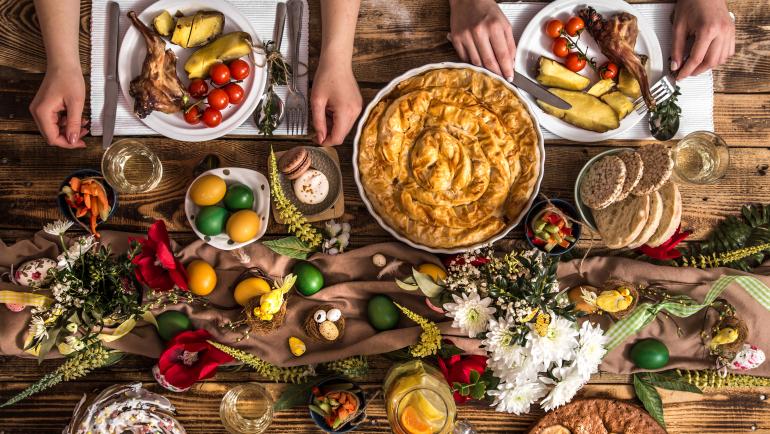
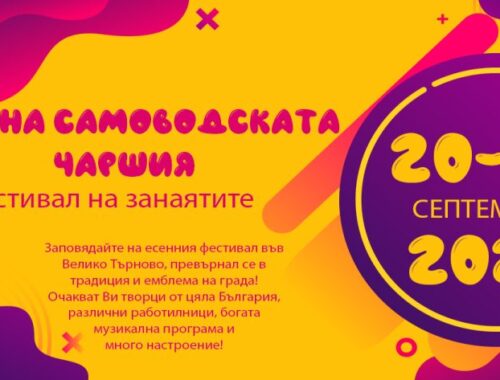

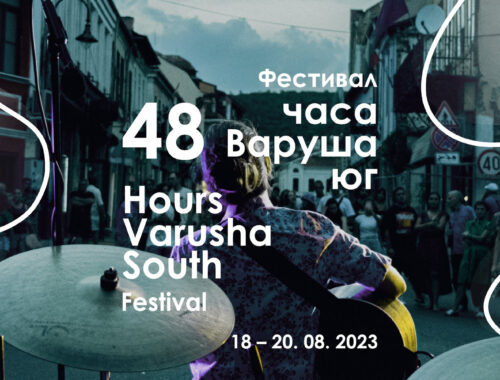
No Comments